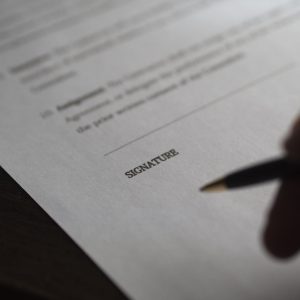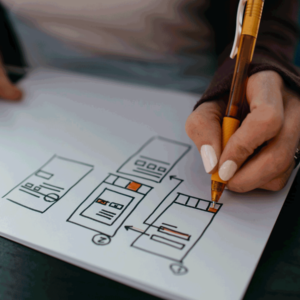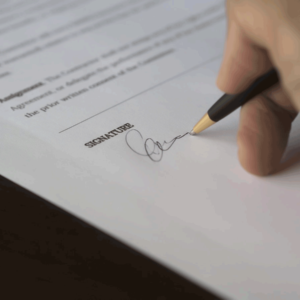COURSES
Team Building to Achieve Goals and Objectives
Course Code
252037
Understand the theory of teams and the importance of teams. A team is a small number of people with complementary skills who are committed to a common purpose, performance goals, and approach for which they are mutually accountable. Team characteristics, diverse types and how they communicate.
When applying the theory of teams to team dynamics how it is recognised. Team conflict and how the team copes with it and the acknowledgement that it exists. The process of building a team is developing team member roles and the various stages of team development.
Monitoring and evaluation are vital if organisations are to judge whether change efforts have succeeded or failed. Conventionally, it involves measuring performance against pre-set indicators, often with the help of outside experts.
Assessing progress is also called task and process. Task what the group has to do and process how the group functions and maintain relationships.
What you will learn in this course!
- Demonstrating knowledge of and insight into the theory of teams and the importance of teams in workplace activities.
- Applying the theory of teams to team dynamics.
- Explaining the process of building teams.
- Analysing the role of team leader in promoting team effectiveness.
- Evaluating the effectiveness of a team and proposing ways to improve team effectiveness.
Who this course is for?
This is intended for managers in all economic sectors. These managers would typically be second level managers such as heads of department, section heads or divisional heads, who may have more than one team reporting to them.
INTRODUCTION
- Outcomes
- The Theory of Teams and the Importance of Teams
- Apply the Theory of Teams to Team Dynamics
- The Process of Building Teams
- Role of Team Leader in Promoting Team Effectiveness
- Evaluate the Effectiveness of a Team and Propose ways to Improve Team Effectiveness
THE THEORY OF TEAMS AND THE IMPORTANCE OF TEAMS
- Outcome
- Demonstrate knowledge of and insight into the theory of teams and the importance of teams in workplace activities.
- Let us start by defining a Team.
- What is a Team?
- Characteristics of a Good Team
- Different Types of Teams
- How do Teams communicate?
- Different methods of communications within teams, the “How to”
APPLY THE THEORY OF TEAMS TO TEAM DYNAMICS
- Outcome
- Apply the theory of teams to team dynamics.
- Team Dynamics
- How do you recognise team dynamics?
- Team Conflict
- How do teams cope with conflict?
- Acknowledge that the conflict exists.
THE PROCESS OF BUILDING TEAMS
- Outcome
- Explain the process of building teams.
- Developing Team Member Roles
- Stages of Team Development
ROLE OF TEAM LEADER IN PROMOTING TEAM EFFECTIVENESS
- Outcome
- Analyse the role of team leader in promoting team effectiveness.
- How to Develop Team Skills
- What is the role of the Team Leader?
EVALUATE THE EFFECTIVENESS OF A TEAM AND PROPOSE WAYS TO IMPROVE TEAM EFFECTIVENESS
- Outcome
- Evaluate the effectiveness of a team and propose ways to improve team effectiveness.
- Introduction
- Ways of Assessing Progress (Task and process)
Multiple Choice Assessment
Only logged in customers who have purchased this product may leave a review.
Related products
-
Business Management
Assembly, Installation and Dismantling of Exhibition Stands
Rated 0 out of 5$100 Add to basket
$120
- Language: English
- Duration: 60 hours
- Skill Level: Intermediate
- Lessons: 6
- Quizes: 1
- Certificate of Completion
POPULAR COURSES
-
 Administration
Rated 0 out of 5R10,240
Administration
Rated 0 out of 5R10,240 -
 Innovative Thinking for Small Business Development
Rated 0 out of 5$80
Innovative Thinking for Small Business Development
Rated 0 out of 5$80 -
 Manage to Add Value in the Workplace
Rated 0 out of 5$120
Manage to Add Value in the Workplace
Rated 0 out of 5$120 -
 Computer Networking Principles
Rated 0 out of 5$100
Computer Networking Principles
Rated 0 out of 5$100 -
 The Entrepreneurial Profile
Rated 0 out of 5$100
The Entrepreneurial Profile
Rated 0 out of 5$100















Reviews
There are no reviews yet.